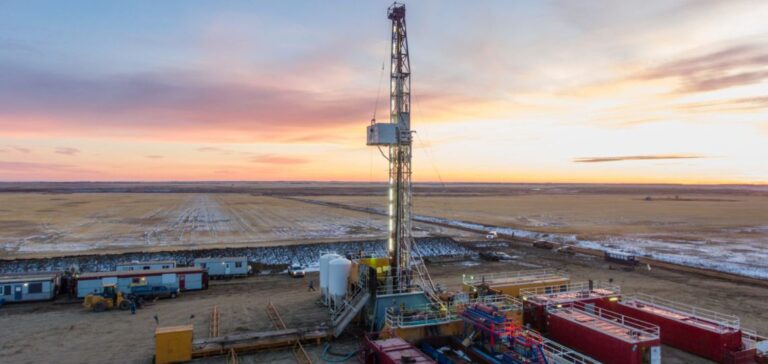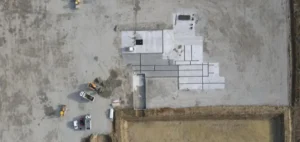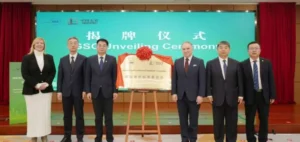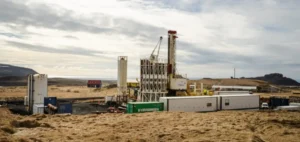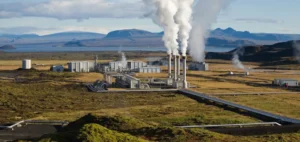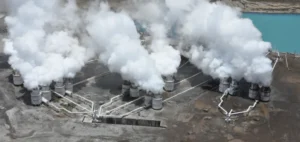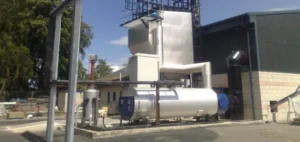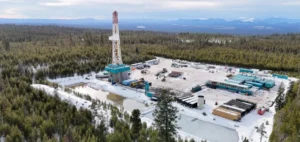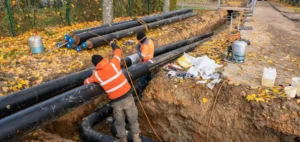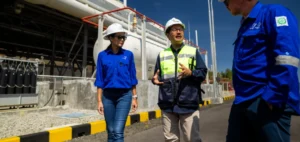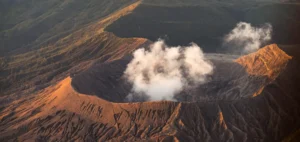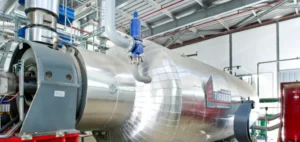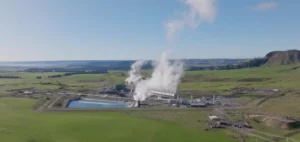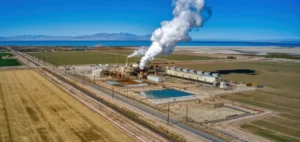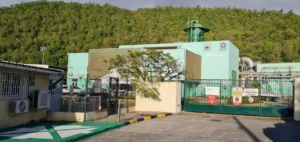Royal Roads University launches geothermal research project with over $3 million in funding. The Cascade Institute’s program at Royal Roads University focuses on exploiting geothermal systems in hot, dry rock at depths of five to ten kilometers. Thomas Homer-Dixon, Executive Director of the Institute, underlines the enormous potential of this energy, capable of sustaining the world’s needs indefinitely.
Financing and support
Three major donations were received from the Grantham Foundation, Founders Pledge’s Climate Change Fund and Rethink Charity Foundation’s R.C. Forward Climate Change Fund. These contributions mark a significant step forward for Canada in geothermal energy research and development, as part of its commitment to achieving net zero emissions by 2050.
Advantages of ultra-deep geothermal energy
According to Rebecca Pearce, geophysicist and project researcher, ultra-deep geothermal energy offers greater efficiency than nuclear power and less dependence on weather conditions than wind or solar power. This type of energy could be harnessed close to residential areas without major risks.
Advanced drilling technologies
UDG requires drilling in rock up to 150 degrees Celsius, with additional costs for each 10-degree increase. The absence of the need for tectonic activity for drilling potentially extends this technology to diverse geological regions, including the Canadian Shield.
The project aims to reach drilling depths of up to 10 kilometers below the earth’s surface, with a production capacity of between 50 and 100 gigawatts. Homer-Dixon sees this project as a unifying moment for Canada, comparable to a major national achievement.


